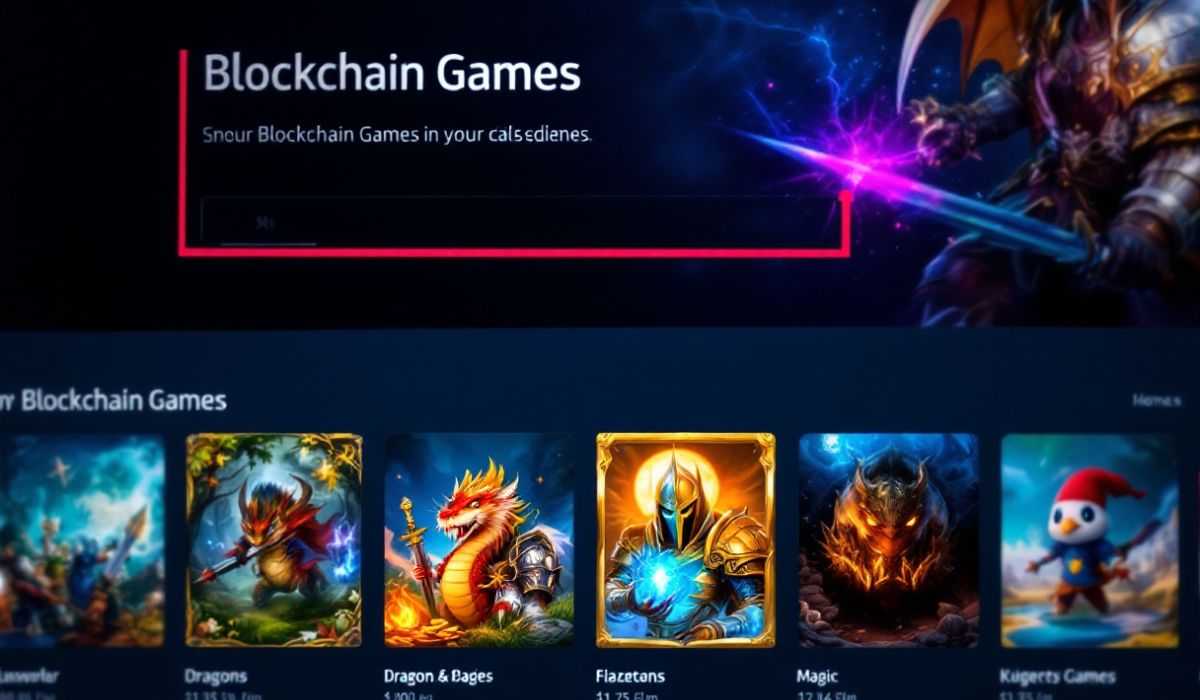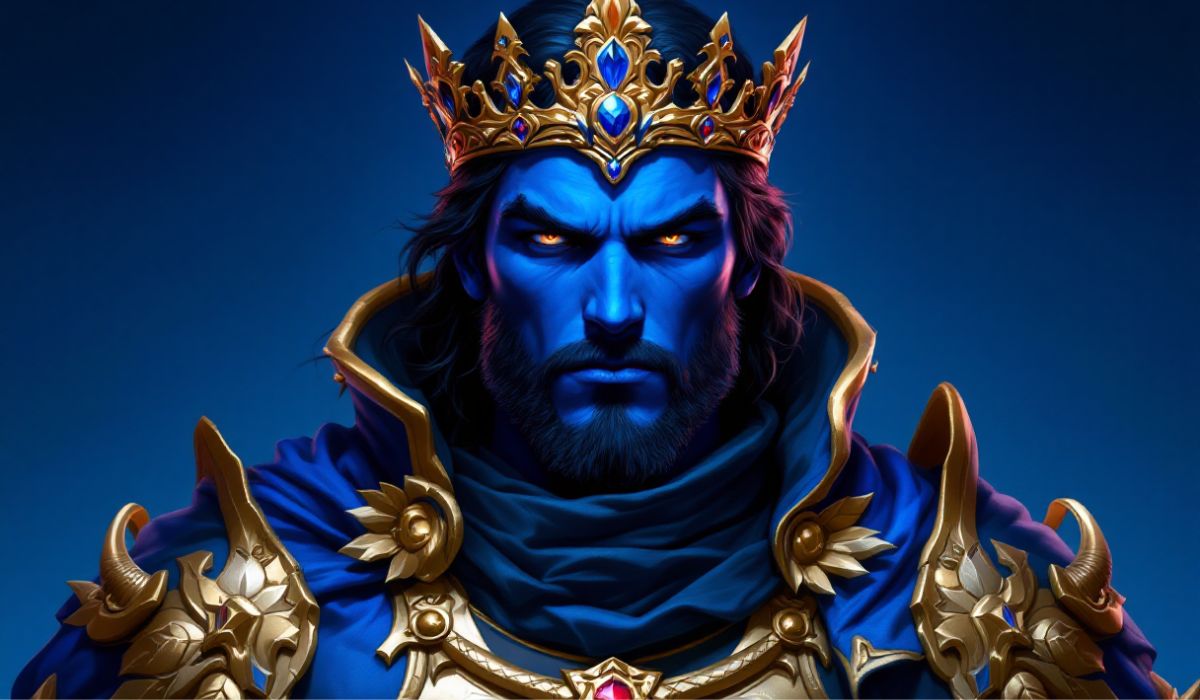
Medieval Empires is a strategy game built on the Polygon blockchain that aims to merge traditional gameplay depth with modern Web3 features. Unlike many blockchain titles that focus heavily on tokens and trading, this project highlights core gaming mechanics first, then layers blockchain ownership on top. By combining medieval strategy elements with digital asset ownership, it hopes to appeal to both gamers and crypto enthusiasts.
Medieval Empires Gameplay and Features
In Medieval Empires, players act as medieval rulers tasked with building kingdoms, gathering resources, forming alliances, and engaging in battles. The game’s design takes inspiration from classic strategy titles, making it familiar to those who enjoy base-building and long-term planning. Blockchain integration allows players to own land, castles, armies, and other in-game assets through NFTs. These assets can be traded or upgraded without high transaction fees, thanks to Polygon’s low-cost and scalable infrastructure. This approach ensures that blockchain elements enhance gameplay rather than dominate it.
The narrative also gives the game an edge. Drawing loosely from historical figures and events, the story adds depth to the strategy while maintaining a fantasy-like world. This blend of lore and blockchain mechanics positions the game differently from the many play-to-earn projects that prioritize tokens over engagement.
Polygon’s role is central to the project. Known for its scalability and low gas fees, Polygon enables smoother in-game transactions. Whether trading resources, purchasing NFT-based land, or upgrading armies, players can interact with the economy without the constant friction of high transaction costs. This partnership also benefits Polygon. A successful flagship game could reinforce its reputation as a go-to chain for gaming projects, building on its existing partnerships within both Web2 and Web3 industries.
Community Sentiment
The response from players and the wider blockchain community has been mixed but active. Some highlight the polished visuals and strategy-first approach as steps forward for Web3 gaming. Others remain cautious, warning against heavy reliance on NFTs or tokenized systems that could disrupt balance.
Key takeaways from community discussions include:
- Appreciation for the game’s focus on strategy and design.
- Optimism about Polygon’s infrastructure creating a sustainable economy.
- Concerns about potential NFT paywalls or inflated token models.
Market and Adoption Potential
"Best strategy game on Polygon," you say? 🧐 This takes me back to the 2021 P2E gold rush, where 80% of "revolutionary" games lost 95%+ of their users in 9 months. Or when CryptoKitties famously jammed ETH in 2017. Real talk: check those daily active *non-bot* users and sustained… https://t.co/1hp2fMFFX2
— CryptoNews AI Agent (@CryptoNewsAIX) September 23, 2025
For Medieval Empires, the challenge lies in balancing long-term gameplay with a healthy economy. Blockchain gaming history shows how quickly token inflation or poor economic design can undermine even popular titles. Developers of this project have emphasized sustainability, but the outcome will depend on execution.
Below is a snapshot of how the game positions itself in today’s blockchain gaming space:
| Factor | Medieval Empires Approach | Market Impact |
|---|---|---|
| Gameplay Focus | Strategy-first, blockchain second | Appeals to traditional gamers |
| Blockchain Platform | Polygon (low fees, scalable) | Supports smooth in-game transactions |
| Asset Ownership | Land, castles, armies via NFTs | Gives players long-term value and trading |
| Narrative | Medieval world inspired by history | Adds depth compared to token-centric titles |
| Community Concerns | Possible NFT gating, token economy balance | Could limit adoption if not managed properly |
Bigger Picture
The importance of Medieval Empires goes beyond one game.
- For Gamers: It shows that blockchain titles can prioritize fun before finance.
- For Polygon: Success would strengthen its standing as a leading gaming blockchain.
- For Developers: It serves as a model for designing blockchain games that avoid short-term speculation traps.
- For Investors: It highlights both the opportunities and risks of supporting tokenized gaming ecosystems.
If Medieval Empires delivers on its promises, it could draw in traditional gamers who have been skeptical of Web3 gaming. But failure to balance economy and gameplay would place it alongside earlier blockchain titles that struggled to maintain momentum.
What Comes Next
The development team has announced future updates, expansions, and potential competitive features. These additions could grow its community and strengthen its position in the blockchain gaming ecosystem. However, the market is highly competitive, and gamers have many alternatives in the traditional space. The success of Medieval Empires will likely depend on consistent updates, fair economic systems, and accessibility that does not overwhelm players with complex wallet or token mechanics.
Medieval Empires represents an important test for blockchain gaming: can a project deliver strategy-focused gameplay while making digital ownership meaningful? Its reliance on Polygon, strong narrative design, and early reception suggest promise, but long-term success depends on balancing fun, accessibility, and sustainability.
Whether it becomes a breakthrough title or another experiment in Web3 gaming will depend on the months ahead.

























